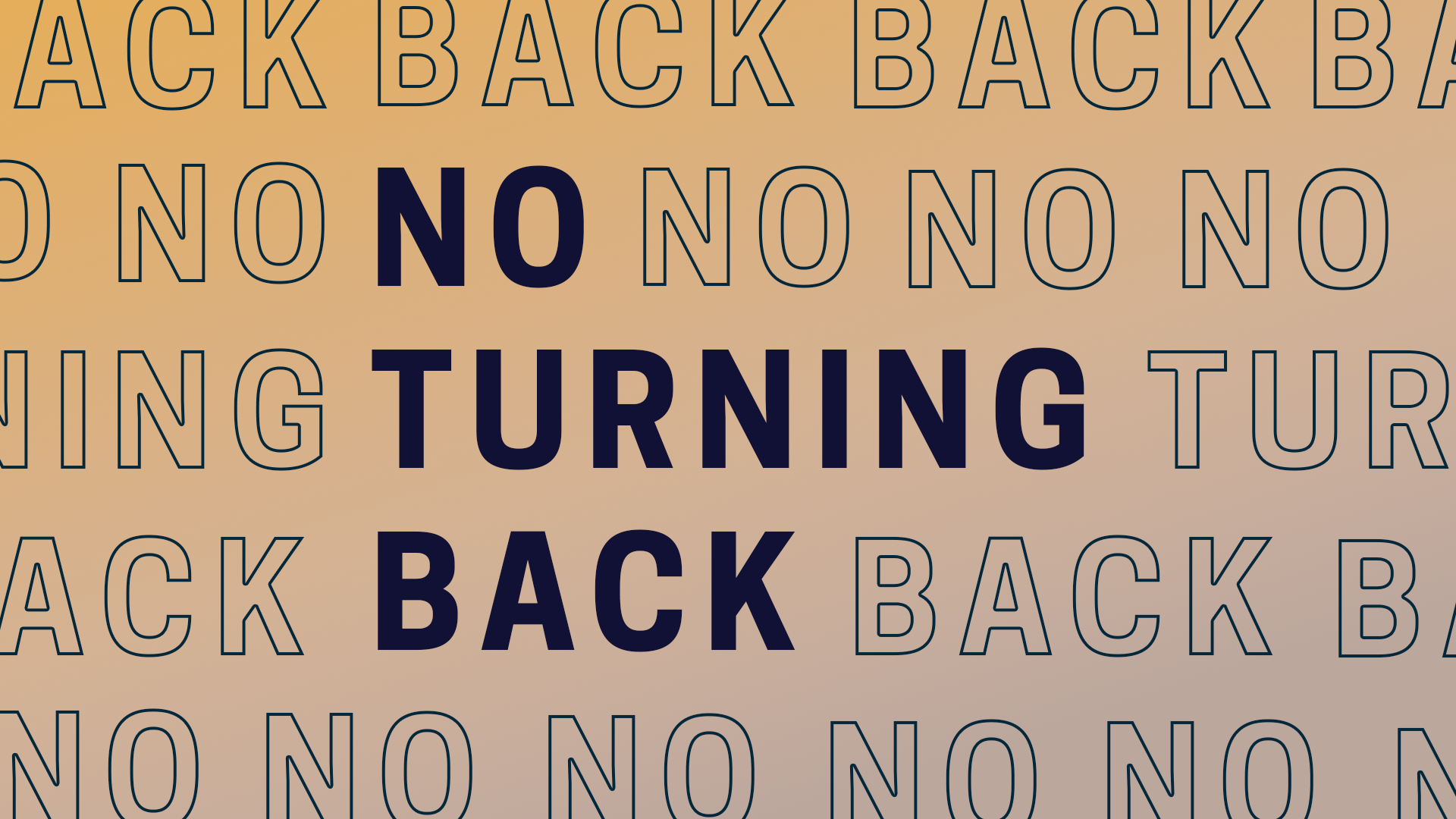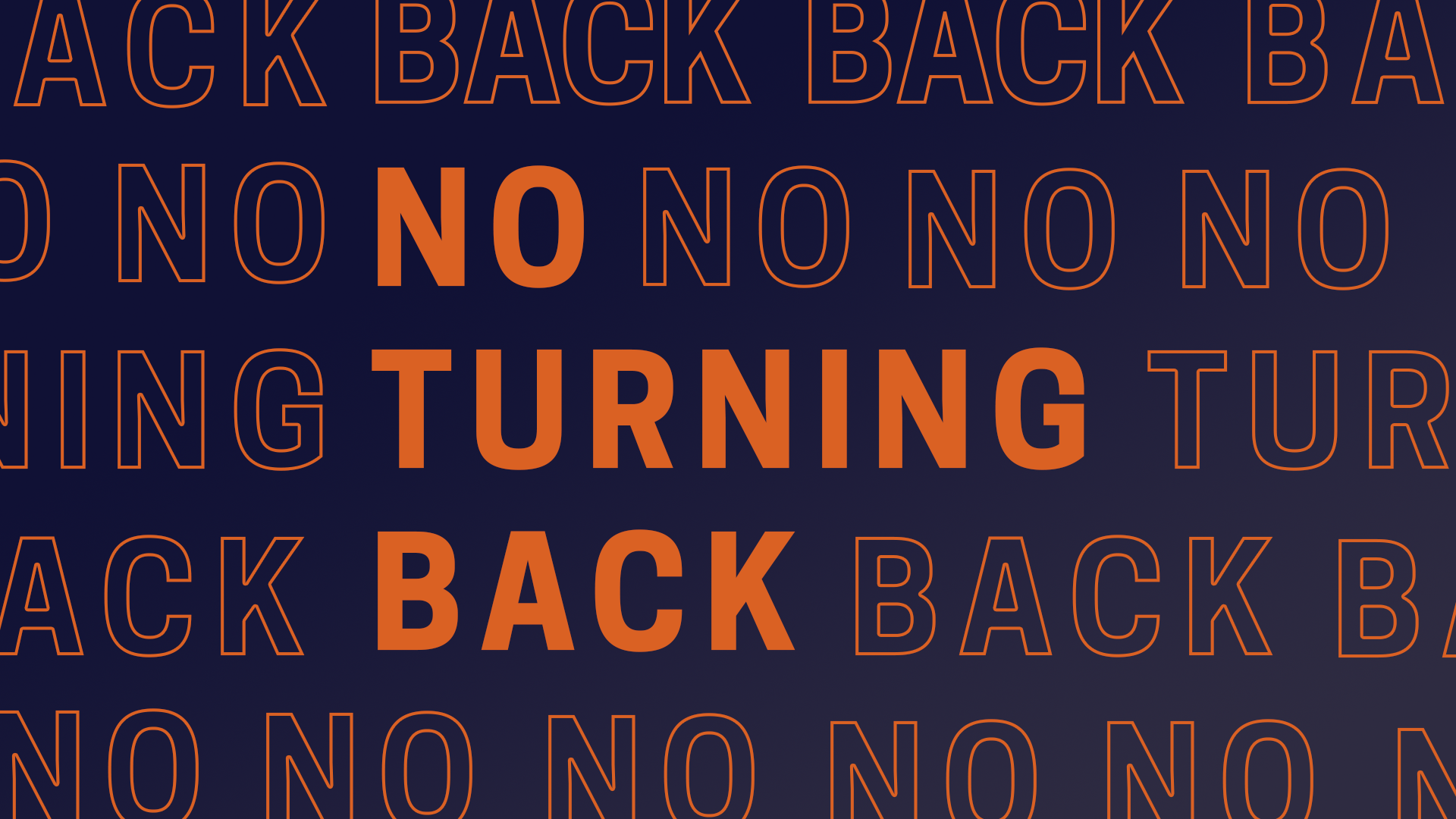We wrap up our “Future Focused” mini-series of No Turning Back by reflecting on an episode with Scott Rechler, recorded back in 2020. Scott helps summarize lessons learned from our recordings with Bob Johansen, Philip Ross, Major General Heather Pringle, and Maggie Hsu, as we close 2021 and look ahead to the new year.
Just over a year ago, Stan McChrystal and Chris Fussell spoke with Scott Rechler, CEO of RXR Realty, as a part of their No Turning Back podcast. As we wrap up the “Future Focused” mini-series this week, we return to Scott’s episode—and reflect what it can teach us about the future of our workplace and world.
When we recorded Scott’s episode in December 2020, Scott was keen to explore how buildings could actively participate in promoting human wellness—especially as employees returned to the workplace. How could our buildings monitor which employees are collaborating? How might teams assess the health of employees, to know whether it was safe to work remotely, or in-person? Though a concept then, RXR Realty has partnered with Microsoft Azure technology now to create RxWell platform that offers data about the health and wellness of employees for office workers and property managers, as they think through returning to the office.
A year after this recording, we’re still asking similar questions about how we physically work together post-COVID-19. Scott Rechler and Maggie Hsu, another guest on the mini-series, considered particularly how we interact with older, legacy assets, and reconsider workspaces and the communities surrounding them. Scott discussed how we can repurpose legacy assets that no longer serve our purpose, wondering which malls could be converted to logistic centers, or example – or how data centers and office buildings can be adjusted for different forms of housing. Maggie spoke about her work with the Downtown Project, thinking about how teams could build new spaces in the city of Las Vegas to involve the Zappos headquarters with the community.
Beyond this, Scott Rechler posed an important question about how we live in work in COVID-19: how do we stay socially distance, but “spiritually attached?” He predicted that the generation that has lived through the pandemic will place their focus on experience and connection in the workplace. Organizations, Scott explained, will have to curate the workplace to be focused on building meaningful experiences you couldn’t secure when working from home. Philip Ross, another one of our guests on the mini-series, argued that the workplace will become more personal (to reflect the comforts of home) and in the same breath, the home will also become more professional—as the lines between work and home blur.
In his December 2020 recording, Scott reflected on how it felt that time was accelerating, that it felt like “the last 10 months we've had 10 years’ worth of an acceleration of what normally would evolve.” Throughout this Future Focused mini-series, we’ve continually found this to be true, as our new environments—largely because of the pandemic—demand we evolve and create faster and faster. Major General Heather Pringle spoke about the speed of innovation in the military, commenting that warfighters must fuse and integrate information (as they always have) but today’s technology demands we do so more quickly than ever before.
Finally, Scott Rechler’s episode proves to us the value of one of Bob Johansen’s suggestions from an earlier “Future Focused” episode: thinking “future back.” Bob Johansen recommended organizations focus years ahead and then look backwards, to see how they can set conditions to achieve the desired end state. Scott’s episode does just this, looking ahead to a desired end state and workplace technology that has been developed since last year’s recording.
As we complete this Future Focused mini-series, closing out 2021 with eyes set to 2022, our challenge is to do the same: look at a desired future end state, and think about ways to get there. The lessons learned within these episodes: whether they be about real estate, blockchain, warfighting technologies, or how our home offices will look and feel, are a helpful guide as we take our next steps into the unknown. No Turning Back will return in 2022 with dozens of new episodes in newly focused formats—we are excited to share these updates with you in the new year.


